The Little-Known Law Congress is Abusing to Sell Out Our Public Lands
How lawmakers are clearing the way for mining and fossil fuel development across the western U.S. and Alaska.
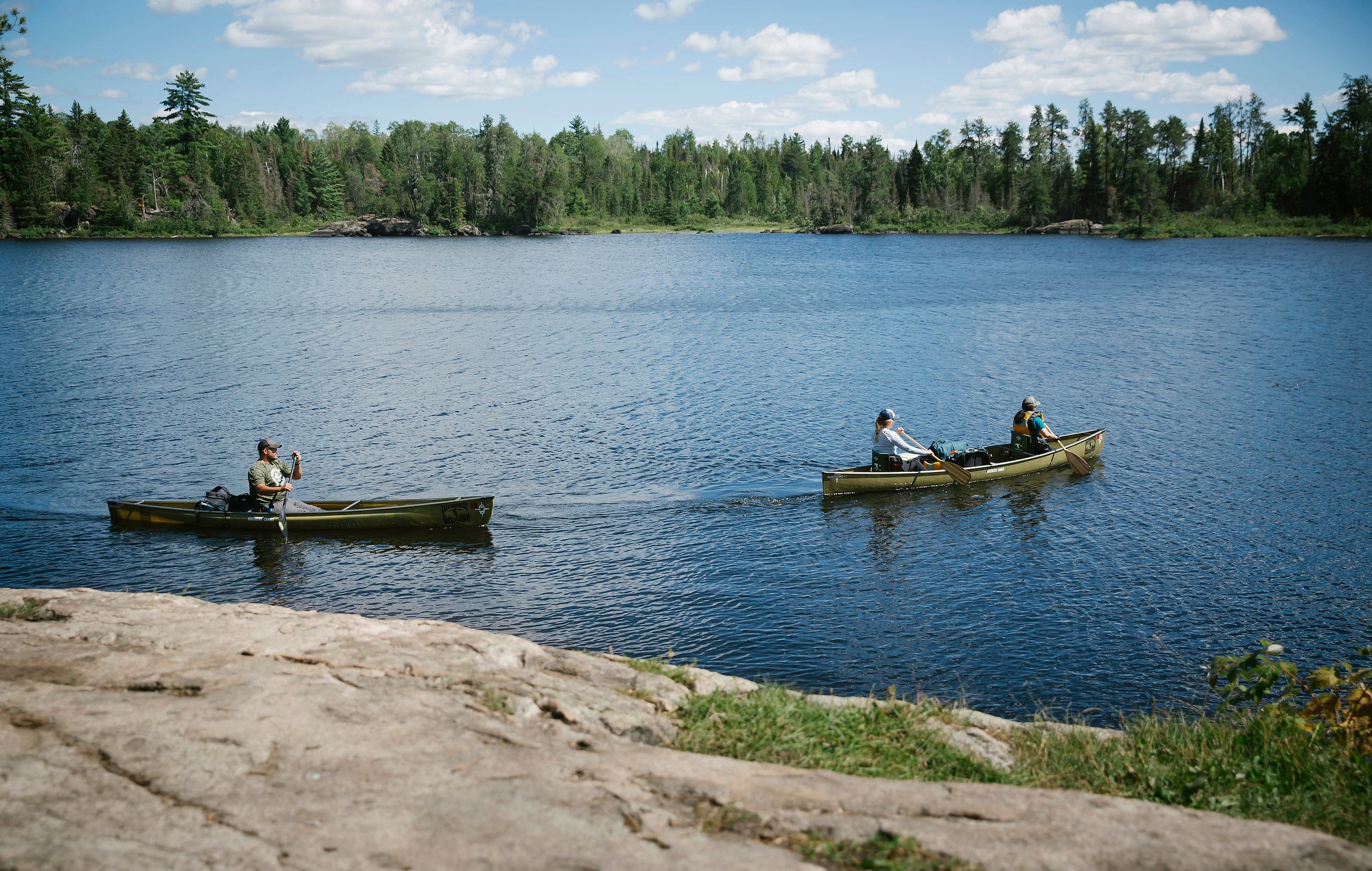
Over the past several months, Congress has abused a little-known law to strip protections from millions of acres of America’s public lands.
A handful of lawmakers are using the Congressional Review Act (CRA) in troubling, unprecedented ways to attempt to clear the way for mining and fossil fuel development across the western U.S. and Alaska. In January, the House voted to use it to reopen the door for toxic mining near Minnesota’s beloved Boundary Waters.
Now, for the first time ever, the law is being used to attack a national monument. Utah lawmakers have introduced a joint resolution under the CRA to eliminate the management plan protecting Utah’s Grand Staircase-Escalante National Monument, setting a dangerous precedent for monuments nationwide.
Here’s what the CRA is, how it’s being misused to sell out our public lands, and what you can do to protect them.
What is the Congressional Review Act?
The Congressional Review Act (CRA) is a powerful tool that Congress is abusing to bypass normal democratic processes and allow industry to access our most cherished public lands.
The act was signed into law by President Bill Clinton in 1996. It was crafted by newly minted House Speaker Newt Gingrich following his Republican party’s sweep in the 1994 election. He envisioned it as a tool the new Republican majority could utilize to kill or block regulations they didn’t like.
The bill gives Congress 60 legislative days after a federal agency passes a new rule to introduce resolutions to overturn that rule. It essentially lets Congress veto any single regulation issued by the federal agency.
How does the CRA work?
To undo a rule, the CRA requires both chambers of Congress to pass a joint resolution of disapproval. The president can then sign it into law or veto it.
Unlike regular pieces of legislation that require 60 votes to overcome the Senate’s filibuster, a CRA vote needs only a simple majority in both the House and the Senate to pass.
How is the CRA being abused to attack public lands?
The CRA is being used to undo agency rules that protect public health and the environment.
Prior to last year, Congress had never used the CRA to target public lands resource management plans or mineral withdrawals that protect special places from mining. It has also never been used to attack a national monument.
And to get around the 60-day lookback period, the Trump Administration is submitting several years-old administrative decisions that protected public lands to Congress in order to start the CRA clock this Congress, regardless of whether those decisions were actually “rules” or not.
Using the CRA against expert public lands management aligns with a broader agenda to undermine the capacity to protect America’s public lands from extraction and development.
What public lands are under attack?
Wyoming and Montana
In late 2025, Congress passed two CRA resolutions to reopen hundreds of thousands of acres of public lands in the Powder River Basin to new coal leasing. The resolutions rescinded resource management plans that ended new leasing in both Montana and Wyoming’s portions of that region, which is the nation’s largest coal producing region.
The Biden administration had ended new coal leasing in the Powder River Basin following successful Earthjustice lawsuits.
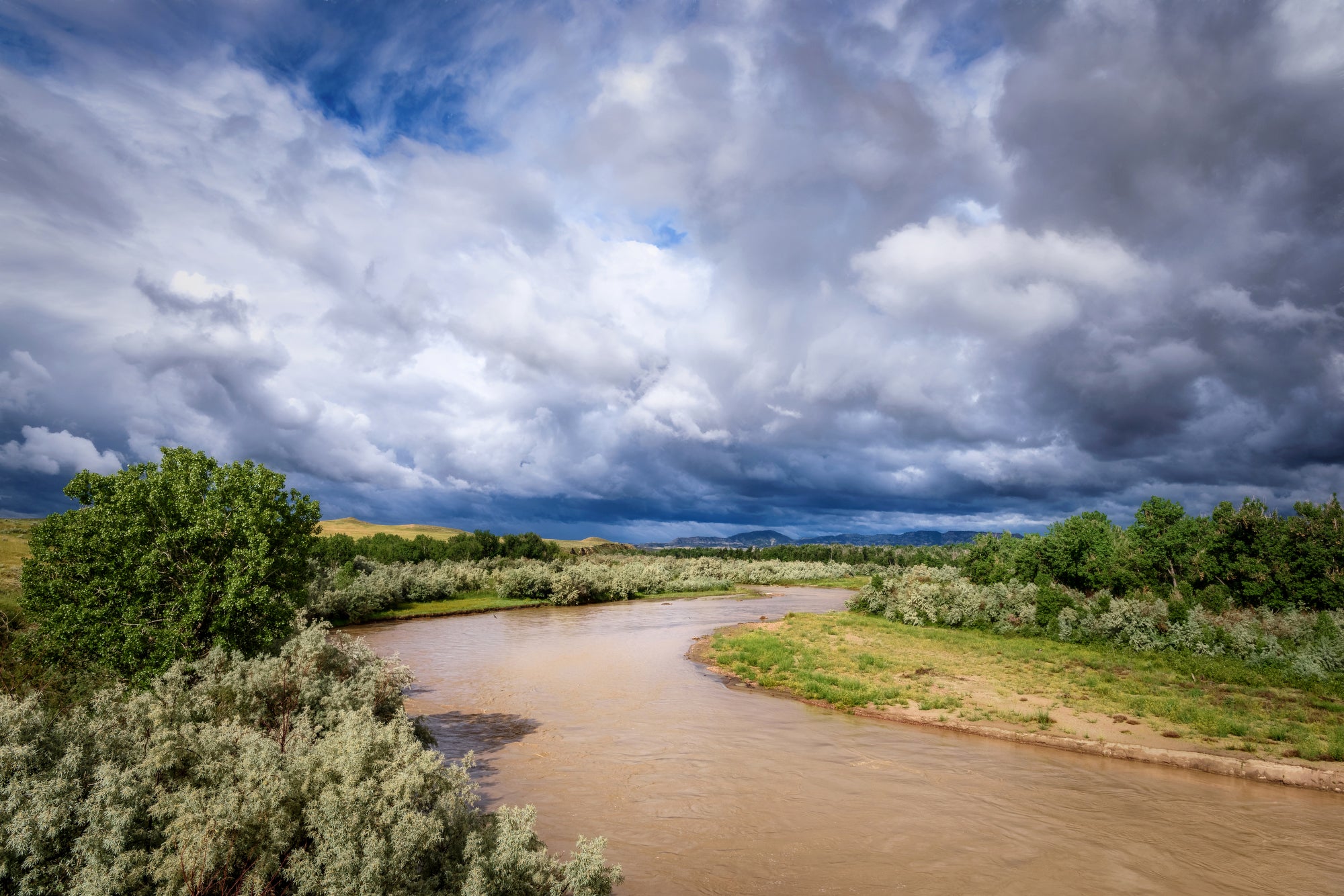
The Powder River in Montana. (Diana Robinson Photography / Getty Images)
Alaska’s Arctic
In December 2025, President Trump signed into law two Congressional Review Act resolutions passed earlier by Congress to open Alaska’s Arctic to maximum oil and gas leasing. One resolution allowed oil and gas leasing in the entire Coastal Plain of the Arctic National Wildlife Refuge while the other resolution permitted oil development throughout most of the Western Arctic.
Both public land areas are among America’s wildest and most ecologically important places, home to the caribou, denning polar bears, musk oxen, wolves, and more than 200 species of migratory birds.
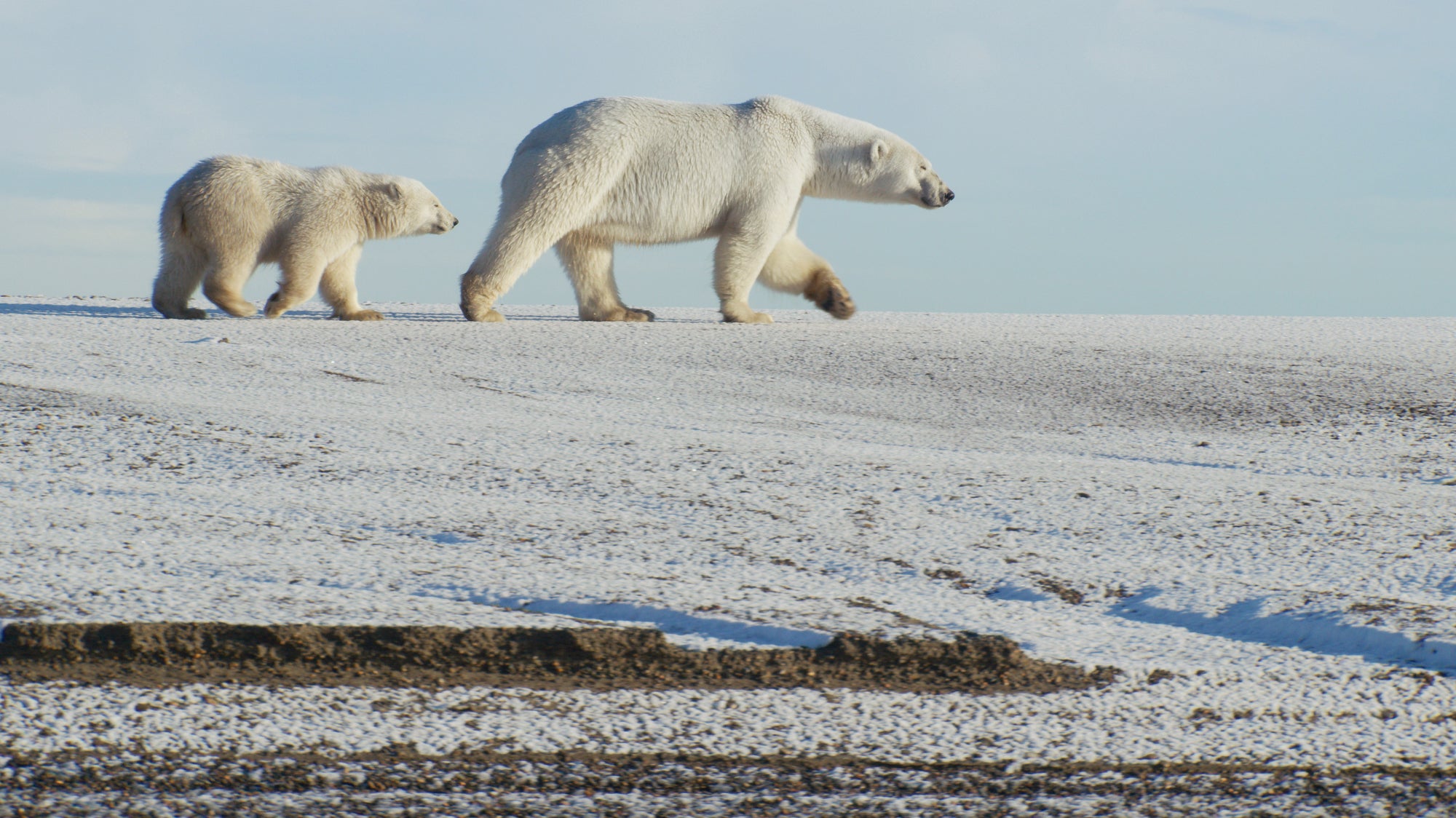
Polar bears on the coast of the Arctic National Wildlife Refuge. (Florian Schulz / protectthearctic.org)
Utah’s Grand Staircase-Escalante National Monument
Loved by state residents and Americans elsewhere, Grand Staircase-Escalante National Monument was established 30 years ago to protect the geological and ecological resources within its 1.9 million-acre boundaries in southern Utah.
Utah lawmakers have introduced a joint resolution to eliminate the monument’s management plan. The management plan sets rules for how the land will be managed for wildlife, outdoor access, dark night skies, grazing, and other uses. If the resolution passed, the Bureau of Land Management would be barred from issuing a similar plan in the future.
This is the first CRA attack on a national monument, setting a precedent that threatens national monuments everywhere else across the country.
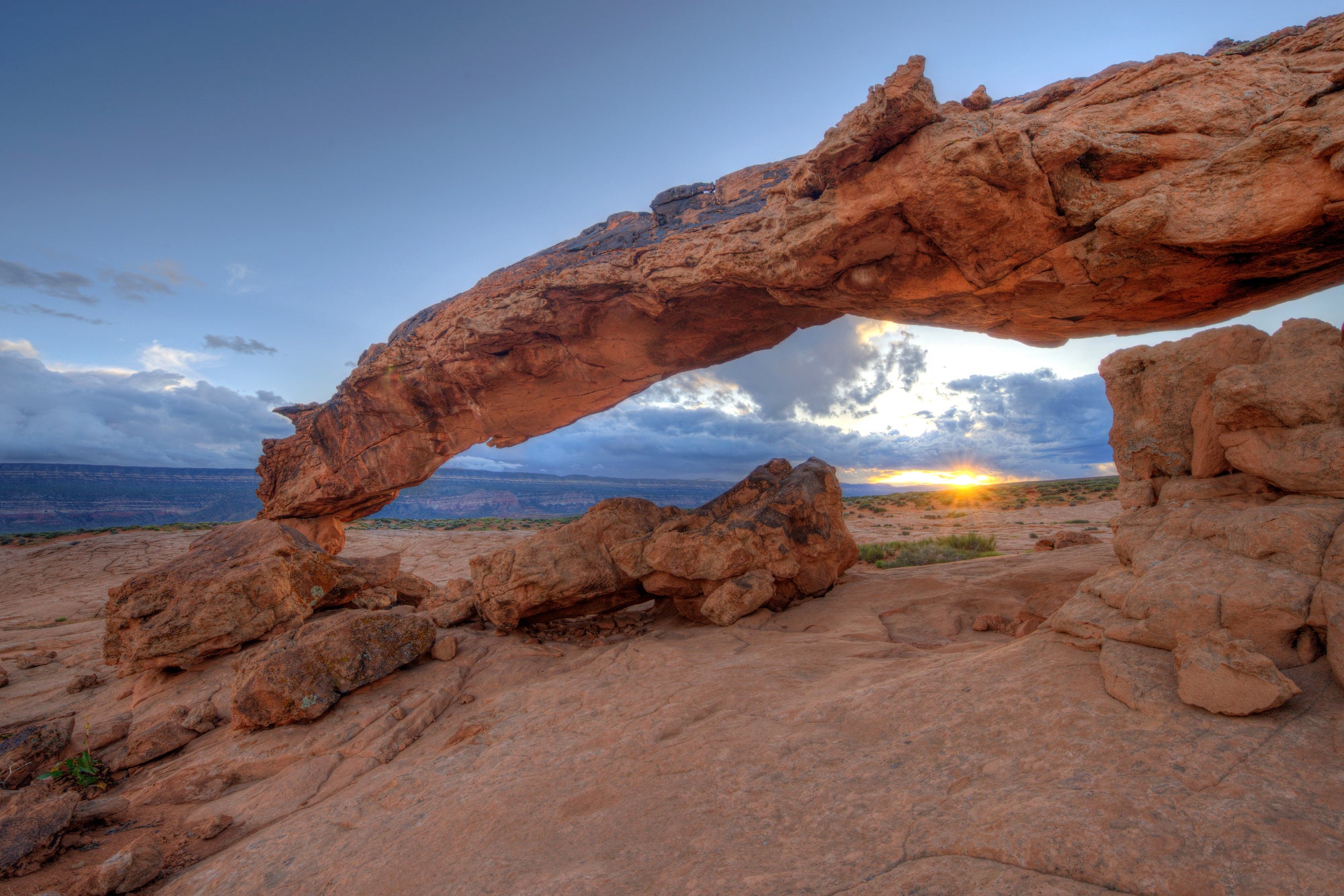
Grand Staircase-Escalante National Monument. (Tarpley / BLM)
The Boundary Waters
The Boundary Waters Canoe Area Wilderness is a 1.1 million acre designated Wilderness Area in Northeastern Minnesota’s Superior National Forest.
In 2023, a 20-year mineral withdrawal was put in place to protect this thriving biodiverse ecosystem from sulfide-ore copper mining threats. It was signed by the Secretary of the Interior after the U.S. Forest Service concluded that this kind of mining near the Boundary Waters would cause irreversible harm to the ecosystem.
In January 2026, the Trump Administration’s Interior Department submitted the Boundary Waters mineral withdrawal to Congress, attempting to start the CRA’s 60-day review clock despite significant doubt that this type of administrative decision is eligible for review under the CRA. That allowed Minnesota Rep. Pete Stauber to introduce a resolution to undo the mining ban. It recently passed the House along partisan lines.
The resolution is now with the Senate. If it passes, it will take away the 20-year protections that have helped keep the Boundary Waters free of permanent pollution from sulfide-ore copper mining.
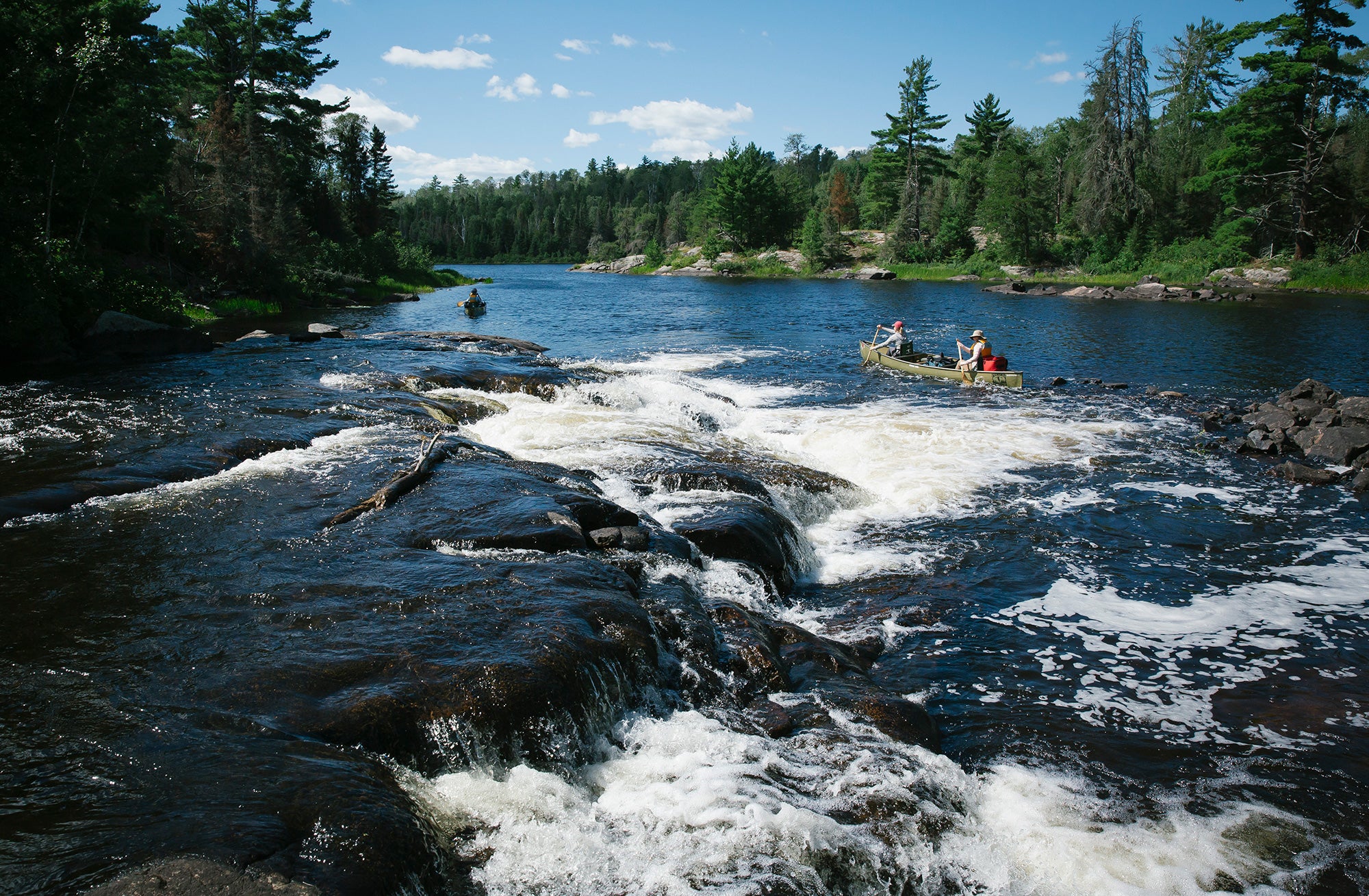
Canoeing the Boundary Waters Canoe Area Wilderness in Northern Minnesota. (Brad Zweerink / Earthjustice)
How can we protect our public lands?
Since its inception, many advocates — including Earthjustice — have called for reform or outright repeal of the CRA.
At this time, it’s more important than ever to stay engaged with your elected officials and let them know how much you care about preserving our public lands.
- Contact your members of Congress today and ask them to defend Grand Staircase Escalante and vote against any other attack on our public lands.
- To help protect the Boundary Waters, contact your senator before an expected CRA vote.
Learn more about how Earthjustice is working to stop the exploitation and destruction of our public lands and waters.
Originally published on January 30, 2026. Updated with news of Utah lawmakers' efforts to eliminate the Grand Staircase-Escalante management plan.
Established in 1989, Earthjustice's Policy & Legislation team works with champions in Congress to craft legislation that supports and extends our legal gains.